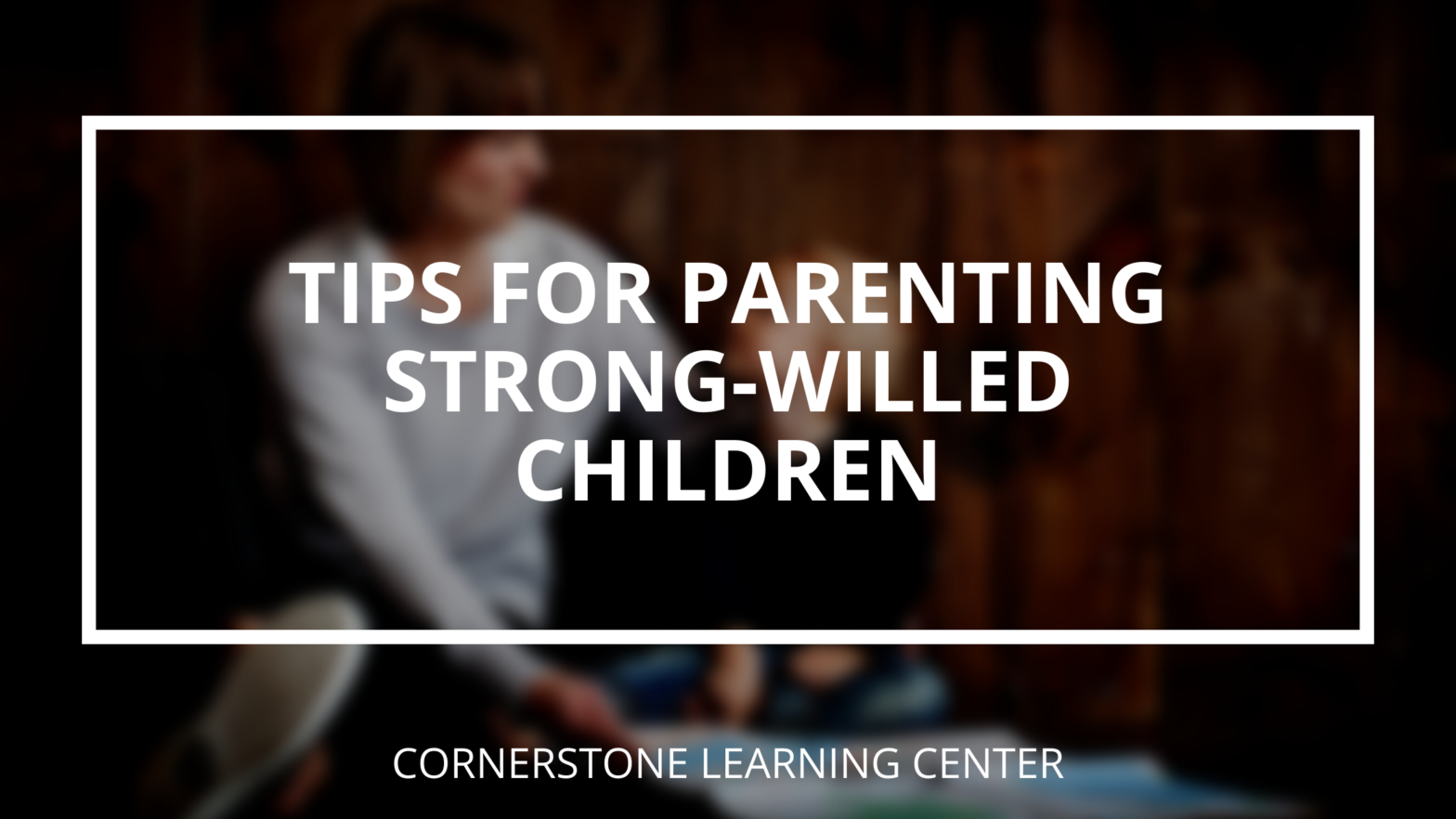Do you find yourself wondering why your child refuses to be persuaded by rewards and opts to follow their own rules? You could be raising a strong-willed child. Parenting strong-willed children can be a challenge. These types of children tend to want what they want, try to make their own rules, and can not be easily persuaded with sweet words or logical reasoning.
However, strong-willed kids aren’t trying to be difficult. Their temperament makes them act this way, “Whether you like it or not, this is their nature,” according to Thomas Phelan, parenting expert and author of 1-2-3 Magic: Effective Discipline for Children 2-12. So, in this post, we will discuss some helpful approaches for parents who are struggling with raising strong-willed children.
Tips for Parenting Strong-willed Children
Establish clear rules and stick to them
One way to alleviate some of the challenges that come with raising kids who are strong-willed is by setting clear rules and expectations, and enforcing consequences consistently as needed. When children know what is expected of them, they are less likely to push boundaries of acceptable behavior.
For example, you might have a rule that shoes need to be taken off before coming into your home. If your child keeps coming in with shoes on, you might take away a privilege (like playing outside or watching TV) until the shoes are off.
Keep directions and warnings firm
Children who are strong-willed are less likely to respond to subtle cues the way other children might. Instead of saying, “I really want you to take your coat off when you come in,” it’s better to say, “Take your coat off.”
Give strong commands
When you do give your child a warning, make sure it is accompanied by a clear command. Don’t just ask children if they have put their shoes on the shoe shelf. Instead, tell them they need to do it. Then you can firmly let them know that you mean business by adding a follow-up statement. For example, “Please put your shoes on the shelf now.”
Help children understand what’s going on
Kids who are strong-willed are more likely to encounter problems at school or with their peers. They also may be especially sensitive to feeling that they’re being controlled or manipulated by others, because of their extrasensory perception abilities. In cases like this, it’s important for you to explain your reasoning to your child. Help them understand that you’re not trying to be mean, but that sometimes they may need guidance because other people may not always understand how to treat them.
Give consequences calmly
Discipline should never turn into a battle of wills with strong-willed children. Any time there is a disagreement, it’s ok to let your child have the last word. This also means that you need to follow through with a consequence, even if your child protests or cries about it.
Speak in a calm voice and try to avoid letting things escalate. If your child gets loud or has a meltdown, wait until he or she has calmed before discussing the problem. Then calmly have a conversation about how you want things to be handled differently in the future.
Remain patient and positive
As difficult as some moments may be, don’t give up when it comes to disciplining your strong-willed child. Every kid needs to know that there are consequences for not following the rules. But be positive! Praise children when they do something well without being asked, like coming home right away after school or helping you put groceries away.
Help children practice self-control
Strong-willed children are often very talented in some areas, but they may need help in the areas of emotion management and self-control. This is especially important when it comes to keeping their impulses in check, or having to wait for something they want or need. The more children practice using these skills at home, the better they will be able to use them at school, their friends’ homes, and with other adults.
For example, if children want a snack as soon as they get home from school, have them wait ten minutes. Then you can reward your child with a snack after those ten minutes are up.
Give instructions in short sentences
Kids who are strong-willed don’t often respond well to long, drawn-out explanations or lectures. It’s best to keep your instructions short and sweet by focusing on one point at a time. Use simple, straightforward language, and avoid making requests that begin with “Would you…” or “Could you…”
Give choices
You can still give instructions while allowing your child to have some control over the situation. For example, instead of saying, “Now it’s time to go to bed,” try saying “Would you like to go to bed now or in five minutes?”
Encourage discussions about feelings
This is especially important when parenting strong-willed children. Kids’ strong emotions are often the root of most problems that arise. They may have melt-downs when things don’t go their way, or even get into fights with friends or siblings on a regular basis. These children need help learning how to express and manage their feelings in a healthy way.
Use visuals to communicate
If your child has trouble reading nonverbal cues or following long explanations, try using visual reminders or charts to which your child can refer throughout the day. For example, if you want your child to come home at a certain time, make a “Home by” sign that includes a picture of a clock and your child’s face. Put the sign in a place where your child can see it every day, like the bedroom door or on the fridge.
It’s time to get started on your parenting plan, and you can start with these few tips on parenting strong-willed children. These pointers can help you establish clear rules and stick with them, keep directions firm but not too harsh, and provide helpful commands that will help children better understand the situation they’re in.
Cornerstone Learning Center offers children a diverse curriculum that allows children to grow and thrive. Call us today for more information!

